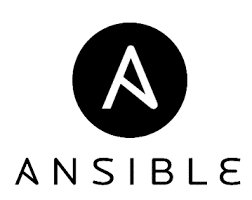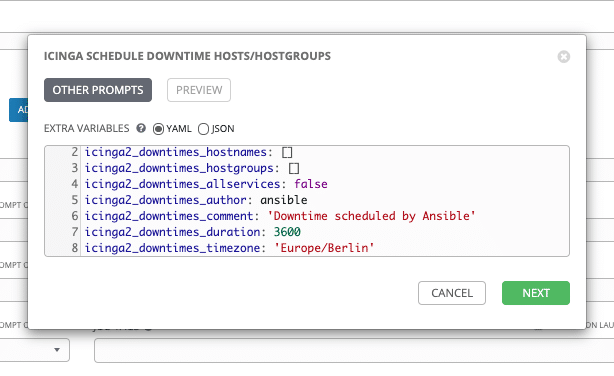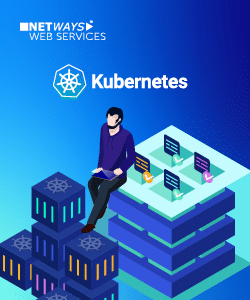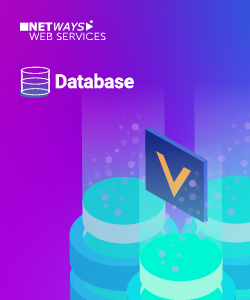When we talk about Ansible, we more and more talk about AWX or Tower. This Tool comes in handy when you work with Ansible in a environment shared with colleagues or multiple teams.
In AWX we can reuse the playbooks we developed and share them with our colleagues on a GUI Platform.

Often we need a bit of understanding how a playbook is designed or if a variable need to be defined for the particular play. This can be much more tricky when sharing templates to people unaware of your work.
This is where the omit filter can be used. The easiest way to explain this, if the variable has no content or isn’t defined, omit the parameter.
The following example is an extract from the documentation:
- name: touch files with an optional mode
file:
dest: "{{ item.path }}"
state: touch
mode: "{{ item.mode | default(omit) }}"
loop:
- path: /tmp/foo
- path: /tmp/bar
- path: /tmp/baz
mode: "0444"
In AWX we can create surveys, those are great to ask a few questions and provide a guide on how to use the underlying play. But often we need to choose between two variables whether one or another action should happen. Defined by the variable in use. If we leave one of both empty, Ansible will see those empty as defined but “None” (Python null) as content.
With the omit filter we can remove the parameter from the play, so if the parameter is empty it won’t be used.
The following code is the usage of icinga2_downtimes module which can create downtimes for hosts or hostgroups but the parameters cannot be used at the same time. In this case I can show the variable for hostnames and hostgroups in the webinterface. The user will use one variable and the other variable will be removed and therefore no errors occur.
- name: schedule downtimes
icinga2_downtimes:
host:
username: icinga_downtime
password: "{{ icinga_downtime_password }}"
hostnames: "{{ icinga2_downtimes_hostnames | default(omit) }}"
hostgroups: "{{ icinga2_downtimes_hostgroups | default(omit) }}"
all_services: "{{ icinga2_downtimes_allservices | default(False) }}"
The variables shown in the AWX GUI on the template.
This filter can be used in various other locations to provide optional parameters to your users.
If you want to learn more about Ansible, checkout our Ansible Trainings or read more on our blogpost.



















0 Kommentare